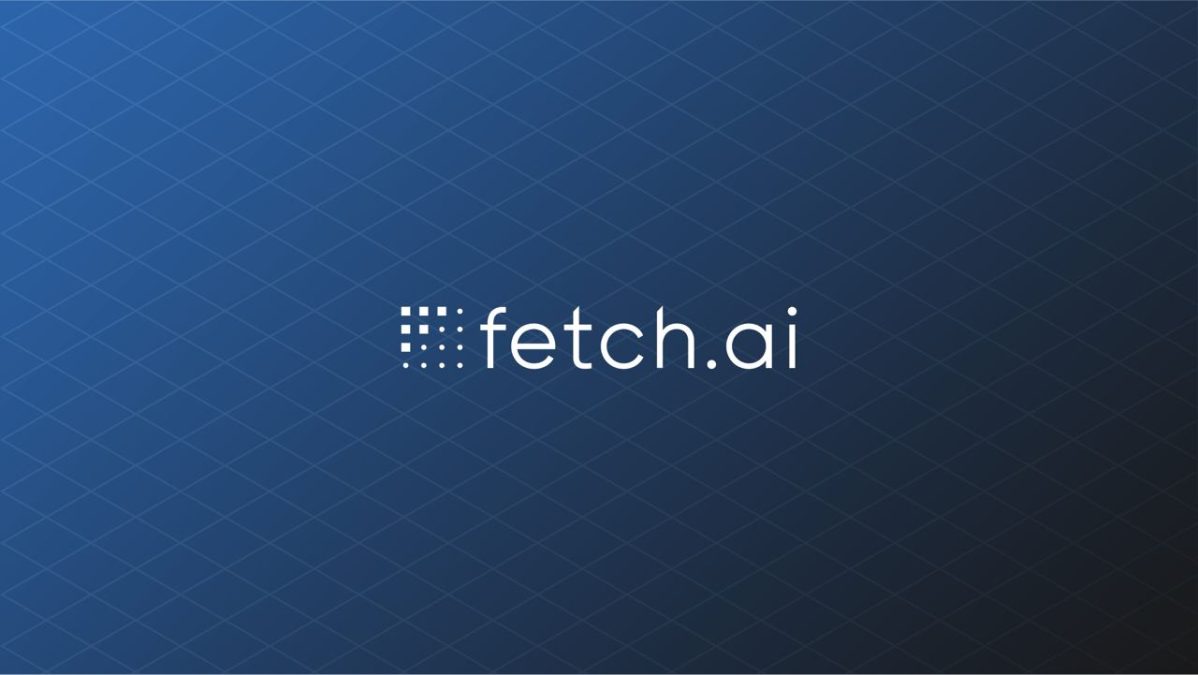Fetch.ai and Zus Network Partner to Revolutionize AI Storage

- Fetch.ai and Zus Network have partnered to optimize the Hot Plus storage solution, aiming for improved performance, efficiency, cost savings, and documentation.
- Through the partnership, Zus will allow Fetch developers to deploy and store their AI Agents, offering storage drives for each customer to manage unique models and training datasets.
Fetch.ai (FET), a Cambridge-headquartered leader in AI agent innovation, is driving the future of intelligent systems. In a collaboration announced on January 14, the company has partnered with Zus, a decentralized storage network tailored to meet AI-specific demands.
For context, the Fetch.ai ecosystem is built on four interconnected components and offers significant advantages for both its own platform and Zus Network. Firstly, it has AI Agents, which act as autonomous decision-makers representing data, APIs, services, and machine learning models. It also features Agentverse, a development and hosting platform for these agents, which supports scalable storage needs and fosters innovation, opening up new opportunities for Zus to expand its use cases.
The Fetch.ai SDK will empower developers to integrate AI Agents into the Agentverse, ensuring compatibility with Zus for secure and redundant storage solutions. Zus enhances data security and integrity through its Distributed Data model, Split Key architecture, and Proxy Key encryption while benefiting from Fetch.ai’s scalable and innovative AI-driven capabilities.
What are the Objectives of this Partnership?
The partnership between Fetch.ai and Zus Network aims to enhance business continuity and security. As per the press release, Zus offers an alternative to traditional cloud services like AWS by providing an “on-prem-like” storage solution. Utilizing distributed storage, Proxy Key re-encryption, Split Key security, and Data Distribution technologies, Zus ensures full enterprise data ownership, protection against third-party data breaches, and business continuity during outages or disruptions.
Additionally, each dataset on the network is given a unique identity on the blockchain, offering cryptographic provenance and unmatched security.
One of the major risks of relying on single cloud providers is the potential for operational and security vulnerabilities. Zus serves as a secondary insurance layer for Fetch.ai, mitigating risks from downtime, data breaches, and policy changes affecting crypto clients. This reduces vendor dependency, ensuring better stability and security for Fetch.ai’s projects.
In their collaboration, Fetch.ai and Zus will work together on SOC/ISO documentation to align with customer compliance needs. This will strengthen Fetch.ai’s position in the enterprise sector while addressing essential audit requirements, ensuring that they meet industry standards and regulatory expectations.
Expansion to High-Performance Storage Needs
As stated, the two entities will also focus on expanding testing to Hot Plus, which is designed for active storage and high-performance workloads. The objectives include demonstrating Zus’s reliability and speed by scaling Fetch.ai’s data for frequent access. They aim to publish performance reports on improvements in workload time, cost savings, and operational efficiency while also transitioning Fetch’s backup and disaster recovery (DR) data to Zus Hot Minus for long-term storage.
The storage solution provides secure drives for each customer, ensuring isolated storage for different models and training datasets. This scalable storage solution supports large-scale AI workloads and enables collaboration on training datasets and performance monitoring by offering shared drives for individual customer environments. The FET token has not reacted positively to the news, experiencing a 1% price drop in the last 24 hours, and is currently trading at $1.26.